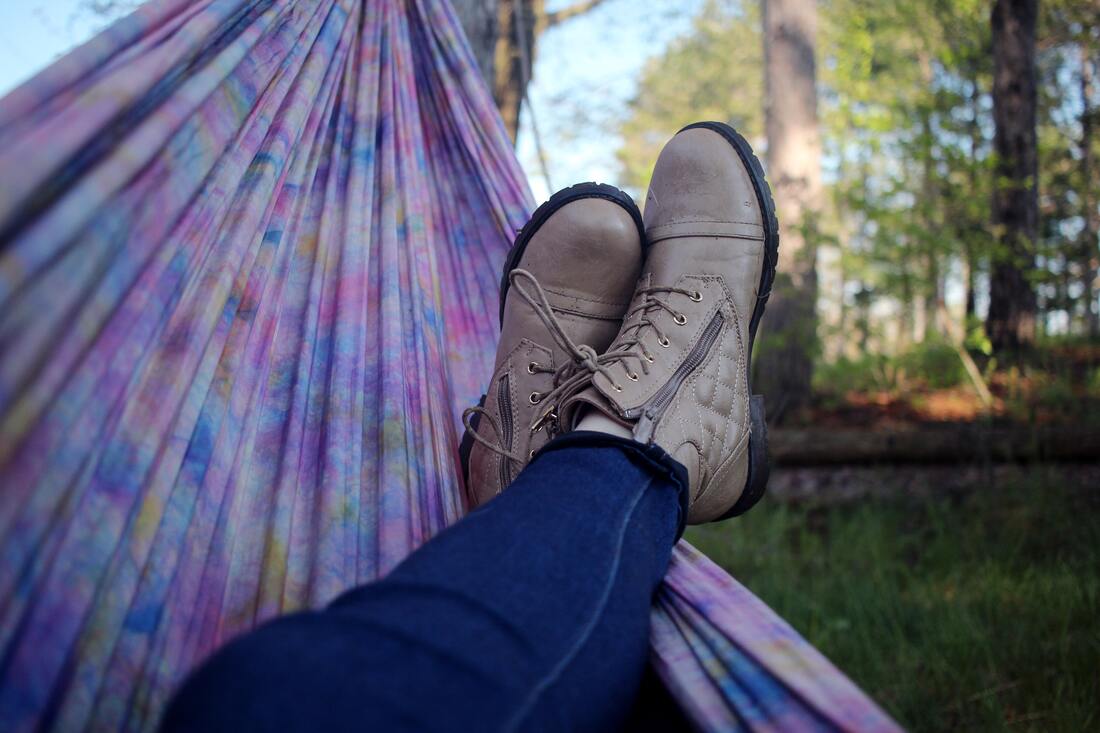|
By Karen Carnabucci, LCSW, TEP Here we are, at the threshold of June. And you know what that means – people will be taking vacations, staycations and other blocks of time away from work. This means that your psychotherapist will likely be taking some time off as well. You may have lots of reactions about his, her or their impending absence, and that’s all right. Even though you intellectually understand that your therapist is fully entitled to time off for rest, relaxation and rejuvenation, you may notice contradictory feelings that don’t match the logic of the situation. Perhaps you may feel abandoned. Or disoriented. Or angry. Or scared of how you may proceed without the stabilizing presence and advice of your helper. On the other side, you may be surprised to feel relief – a break in the work on self! – or inspired to take caring actions for yourself and slow down to care of yourself in some new ways.
So what do you do when a therapist goes on vacation? A good therapist will support you in exploring and expressing your feelings and responses about this event. You may also identify the context of these feelings, which may be valuable growth in itself. For instance, you may discover that your haunting feelings of abandonment has its roots in a long-ago experience of being left or neglected, perhaps all the way back to your family of origin. Your therapist should also help you identify a plan for yourself to feel connected, held and supported. This may include offering names of suitable therapists who you may call if an emergency arises or if you simply need a bit of extra support. On the other hand, it may be helpful to take a break from working on yourself as well, or a beautiful opportunity to take active and independent steps in your own growth and healing . What will you do at the time when your therapist is gone? Here are some ideas:
You will want to reflect on which choices are just right for you, and which choices lean too much into the habits that you want to release. For instance, overworking people don’t need to add more appointments and activities to their calendars, but could benefit from a yoga class or a meditation app. Alternatively, being away from therapy often provides the opportunity to spread your wings and experience what you have taken from the therapy process. Here, you may inventory how you have grown and how you can actively practice new skills in the “real” world. -- as well as future goals. Whatever you chose, it may be helpful to journal about your experiences to report back to your therapist when he, she or they return. Making their absence part of your journey may be the one of the most important areas of personal growth. About Karen Karen Carnabucci, LCSW, TEP, is the founder of the Lancaster School of Psychodrama and Experiential Psychotherapies in Lancaster, Pa., which teaches transformational learning in a variety of experiential methods and practices, including psychodrama, sociometry, Family and Systemic Constellations, sand tray, group skills and more. Subscribe to her e-letter for professionals and get first notice of training events, Early Bird discounts, helpful links and inspiring and supportive info. You may subscribe here.
0 Comments
Your comment will be posted after it is approved.
Leave a Reply. |
AuthorKaren Carnabucci, LCSW, TEP, is an author, trainer and psychotherapist who promotes, practices and teaches experiential methods including psychodrama, Family and Systemic Constellations, sand tray, mindfulness and Tarot imagery. Archives
December 2023
Categories
All
|

 RSS Feed
RSS Feed